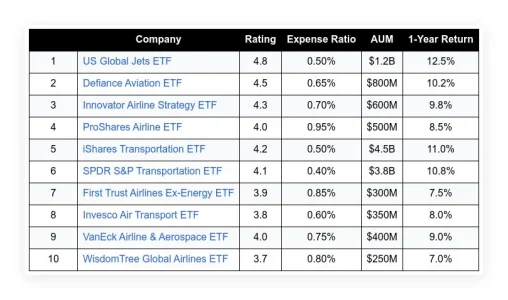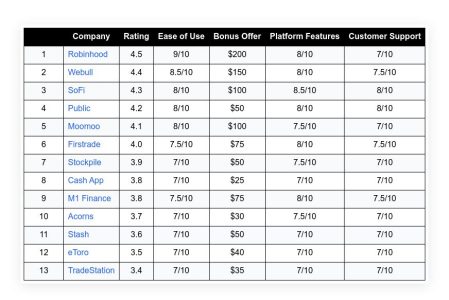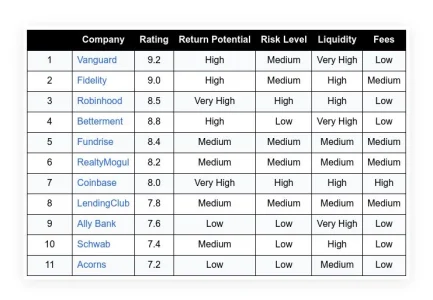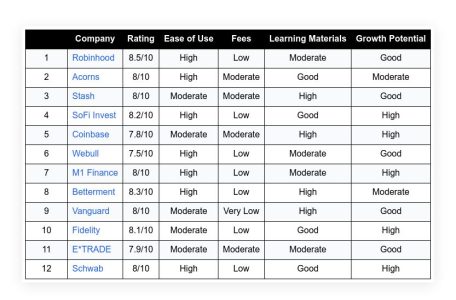The stock market is a fascinating, ever-evolving entity. It’s a dynamic landscape that is influenced by a myriad of factors. One of the most prominent indicators of the stock market’s health and trajectory is the S&P 500, an index that measures the stock performance of 500 large companies listed on the stock exchanges in the United States. As of this year, the S&P 500 has seen an impressive rise of 19.5%, which would typically indicate a robust and thriving market. However, beneath this seemingly positive surface, underlying currents suggest a more nuanced and potentially concerning picture.
Table of Contents
ToggleThe alarming rise in bond prices
One of the most alarming trends is the recent surge in bond prices. Bonds, essentially loans that investors make to entities such as governments or corporations, are generally considered a safe haven in times of economic uncertainty. When bond prices rise, it often signals that investors are moving their money out of riskier assets, like stocks, and into safer ones, like bonds. This is known as a ‘risk-off’ trade, usually indicating an increased recessionary risk.
View this post on Instagram
A post shared by Taylor Sohns – CFP®, CIMA®, MBA – Finance (@lifegoalinvestments)
Gold prices are at an all-time high
In addition to the rise in bond prices, gold, another traditional safe haven asset, is selling at all-time highs. This is another sign that investors are becoming increasingly risk-averse and are seeking to protect their wealth in the face of potential economic downturns.
The S&P 500’s continued rise
On the other hand, the S&P 500, despite these warning signs, continues to soar, selling at all-time highs. This suggests that the stock market largely ignores these recessionary signals and instead operates under the assumption that there is nothing to worry about. This is the only way to justify the current valuations of stocks, which are, by any measure, expensive.
Overvalued stocks
To put it in perspective, the S&P 500 currently trades at 21 times earnings. This means that for every dollar of earnings a company generates, investors are willing to pay $21. This is a high figure by historical standards and suggests that stocks are overvalued.
Historically, when stocks started at a point of such high valuation, the returns over the next five years have been relatively modest, averaging just a 3% return per year. This suggests that the current high valuations may not be sustainable and that a correction could be on the horizon.
September is always a poor month, but it also affects upcoming elections
Adding to the potential volatility is the September before an election — historically the worst month of the year for the stock market. Over the last three years, September has seen significant declines in the stock market, with losses of 5%, 9%, and 5%, respectively.
Furthermore, we are on the cusp of a presidential election, an event that often brings increased uncertainty and volatility to the stock market.
The dichotomy of the stock market
In summary, the stock market is currently presenting a dichotomy. On one hand, stock valuations are historically high, suggesting a sense of optimism and confidence in the market. On the other hand, the rise in bond and gold prices suggests that investors are becoming increasingly cautious and are preparing for potential economic downturns.
This dichotomy is further exacerbated by the fact that September is a historically volatile month for the stock market and that a presidential election is looming. These factors suggest that the stock market could be in for a turbulent period.
The need for caution and preparedness
In conclusion, while the S&P 500’s impressive rise this year may suggest a thriving market, the underlying trends suggest a more complex and potentially concerning picture. Investors should, therefore, approach the market with caution and be prepared for potential volatility in the coming months.
For those seeking a no-nonsense, data-backed update on the stock market, it is crucial to stay informed and keep abreast of the latest trends and developments. By doing so, investors can make informed decisions and navigate the complexities of the stock market with confidence and clarity.
Frequently Asked Questions
Q. What is the S&P 500?
The S&P 500 is an index that measures the stock performance of 500 large companies listed on the stock exchanges in the United States.
Q. What does the rise in bond prices indicate?
The rise in bond prices often signals that investors are moving their money out of riskier assets, like stocks, and into safer ones, like bonds. This is known as a ‘risk-off’ trade, usually indicating an increased recessionary risk.
Q. Why are gold prices at an all-time high?
Gold prices are at an all-time high because investors are becoming increasingly risk-averse and are seeking to protect their wealth in the face of potential economic downturns.
Q. What does the S&P 500’s continued rise suggest?
The S&P 500’s continued rise suggests that the stock market mainly ignores recessionary signals and instead operates under the assumption that there is nothing to worry about.
Q. What does it mean when stocks are overvalued?
When stocks are overvalued, investors are willing to pay a high amount for every dollar of earnings a company generates. This is a high figure by historical standards and suggests that stocks are overpriced.
Q. What is the September effect?
The September effect refers to the historical trend of September being the worst month of the year for the stock market. Over the last three years, September has seen significant declines in the stock market — it’s great that we are nearly through October, but markets all fall right after an election, too.
Q. How does a presidential election affect the stock market?
A presidential election often brings increased uncertainty and volatility in the stock market.
Q. What is the dichotomy of the stock market?
The stock market’s dichotomy refers to the current situation: stock valuations are historically high, suggesting optimism and confidence, while the rise in bond and gold prices suggests that investors are becoming increasingly cautious and preparing for potential economic downturns.
Q. How should investors approach the market given the current trends?
Investors should approach the market cautiously and be prepared for potential volatility in the coming months. Staying informed and abreast of the latest trends and developments is crucial.

















